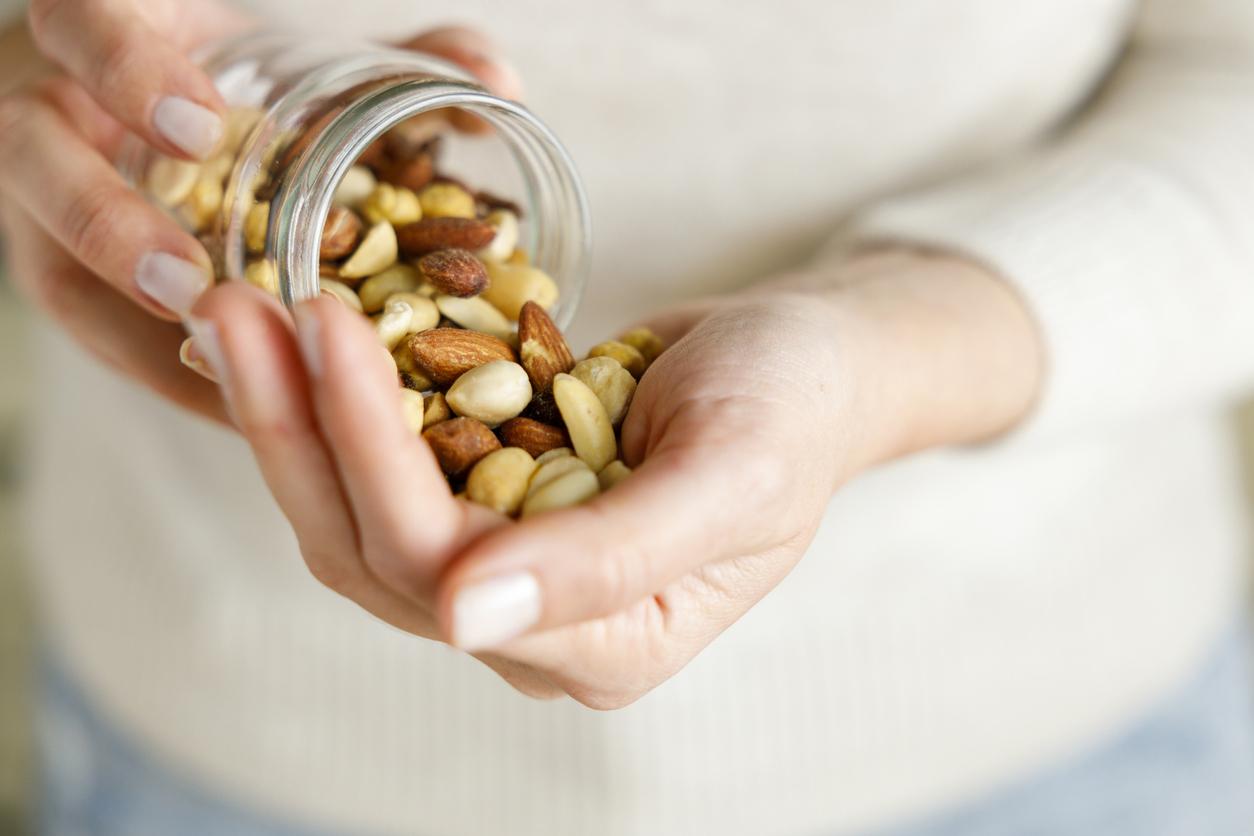Exposure of the fetus to alcohol increases the risk of later addictions. This phenomenon has been explained and would depend on the role of endocannibinoids produced by the brain, according to results of a study published in the medical journal The Journal of Neurosciences.
Prenatal alcohol exposure is the leading preventable cause of birth defects and neurodevelopmental abnormalities. Fetal alcohol syndrome (FAS) causes cognitive and behavioral problems. In addition to vulnerability to alcohol and other substances, it can lead to mental health disorders, such as attention deficit disorder with or without hyperactivity (ADHD), the depression, anxiety and impulse control problems.
Researchers at the University of Buffalo (USA) studied how prenatal alcohol exposure changes the reward system in the brain and how this change continues into adulthood until it increases the reward system. risk of dependence.
The key seems to lie with endocannibinoids, chemicals close to the cannabis produced by the brain itself.
The area of the brain of addiction altered by alcohol during pregnancy
And, more specifically, in the ventral brain area (VTA) of the brain, where endocannibinoids play an important role in weakening the excitatory synapses on dopaminergic neurons. The VTA is the part of the brain involved in the processes ofaddiction, attention and reward. However, in a brain exposed during pregnancy to thealcohol, the effect of endocannabinoids is reduced due to decreased function of endocannabinoid receptors. As a result, the excitatory synapses lose the ability to be weakened and continue to strengthen, increasing the risk of addiction.
“By understanding the role endocannibinoids play in increasing the brain’s susceptibility to addiction, we can begin to develop drug therapies or other interventions to combat this effect and possibly others.” negative consequences of prenatal alcohol exposure, ”said Roh-Yu Shen, principal investigator and study author.
Read also:
Alcohol and pregnancy: a campaign to raise awareness of the risks
Alcohol during pregnancy: poorly understood risks
Alcohol: even during conception, its consumption would harm the unborn baby

















